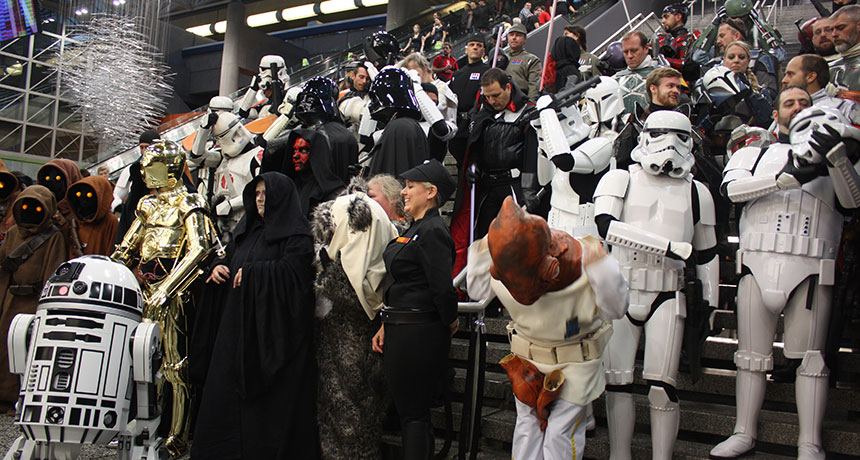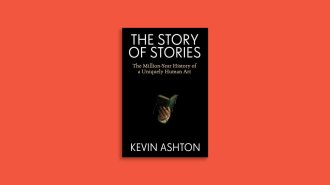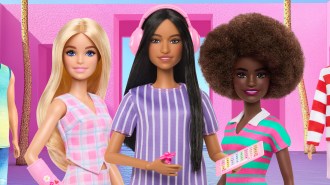How seeing ‘Star Wars’ satisfies your narcissistic tendencies

People who embrace geek culture like these true Star Wars fans at the Montreal Comic-Con score higher on tests of narcissistic traits than those who don’t go super-geek.
Pikawil/flickr (CC BY-SA 2.0)
Many of us will see the new Star Wars flick in the coming weeks, which offers not only the antidote to years of anticipation but also a break from the holiday fracas. But for the super geeks among us, The Force Awakens serves another purpose: It awakens a feeling of specialness.
A new study links participating in geek culture — say, waiting in line for hours in an Obi-Wan Kenobi costume — to an uptick in narcissistic traits. Like Luke escaping boring Tatooine to meet his destiny as a Jedi Knight, participating in geek culture allows a temporary existence as person that deserves attention, a person of influence and, er, force.
“Engaging in this fandom appears to be a way to feel powerful, to feel special in some way,” study coauthor Jessica McCain of the University of Georgia in Athens, told me.
While geeks were once considered a marginalized subgroup — think your pocket-protector-wearing Trekkie with no social skills — in recent years geek culture has become much more mainstream, even hip, McCain and her colleagues note. Today, if you’re someone who nods with self-affirmation when you hear, “The force is strong in this one,” it’s much easier to find peers who get the reference. Comic book movies are major box office draws, fantasy games like World of Warcraft are billion-dollar industries and conventions like Comic-Con attract hundreds of thousands of attendees.
McCain and her colleagues surveyed several hundred people online (some geeks, some not) and attendees of Dragon Con, the fantasy convention held yearly in Atlanta. Those who reported serious embracing of geekdom, whether going to fan conventions, playing Dungeons and Dragons, filking, or engaging in activities like puppetry or Renaissance fairs, were more likely to score higher on tests that measure levels of narcissism than their non-geeked-out counterparts, McCain and her colleagues report November 18 in PLOS ONE.
McCain emphasizes that she and her colleagues were not diagnosing clinical narcissism or disorders of any sort. Almost everyone has a little bit of narcissism in them; the self-described geeks just had a little more than nongeeks. (McCain and several of her labmates rate themselves high on the geekery scale; during our conversation, McCain volunteered that she’s a major Doctor Who fan.) Living rather than just loving Lord of the Rings or manga also offers a creative outlet, she says. Take heading to the Star Wars premiere dressed up as Princess Leia: “It’s is a great opportunity to get attention and to express creativity — maybe you figured out a really clever way to do hair buns.”
McCain and her colleagues speculate that in tough economic times, when young people are dealing with high unemployment rates and loads of debt, getting involved with geek culture might offer an opportunity to obtain expert status and recognition that’s lacking for many in the real world. “Not everyone can be a CEO, but everyone can be a level 20 wizard in World of Warcraft,” she says.
Other research says otherwise: Those who enter adulthood during tough economic times seem to be less narcissistic than those who come of age when times are flush.
Regardless of whether movie-goers see Star Wars: The Force Awakens in plainclothes or full regalia, they can tap into that feeling of specialness just by enjoying the plot. As director J.J. Abrams (and self-declared super-fan) noted:
“Everyone relates to being stuck in your life and feeling like something extraordinary is just around the corner,” Abrams said. “I think this taps into a universal desire that we all have to find meaning and purpose that is larger than what we ever could have imagined.”
Now I have to go work on my Princess Leia buns.







